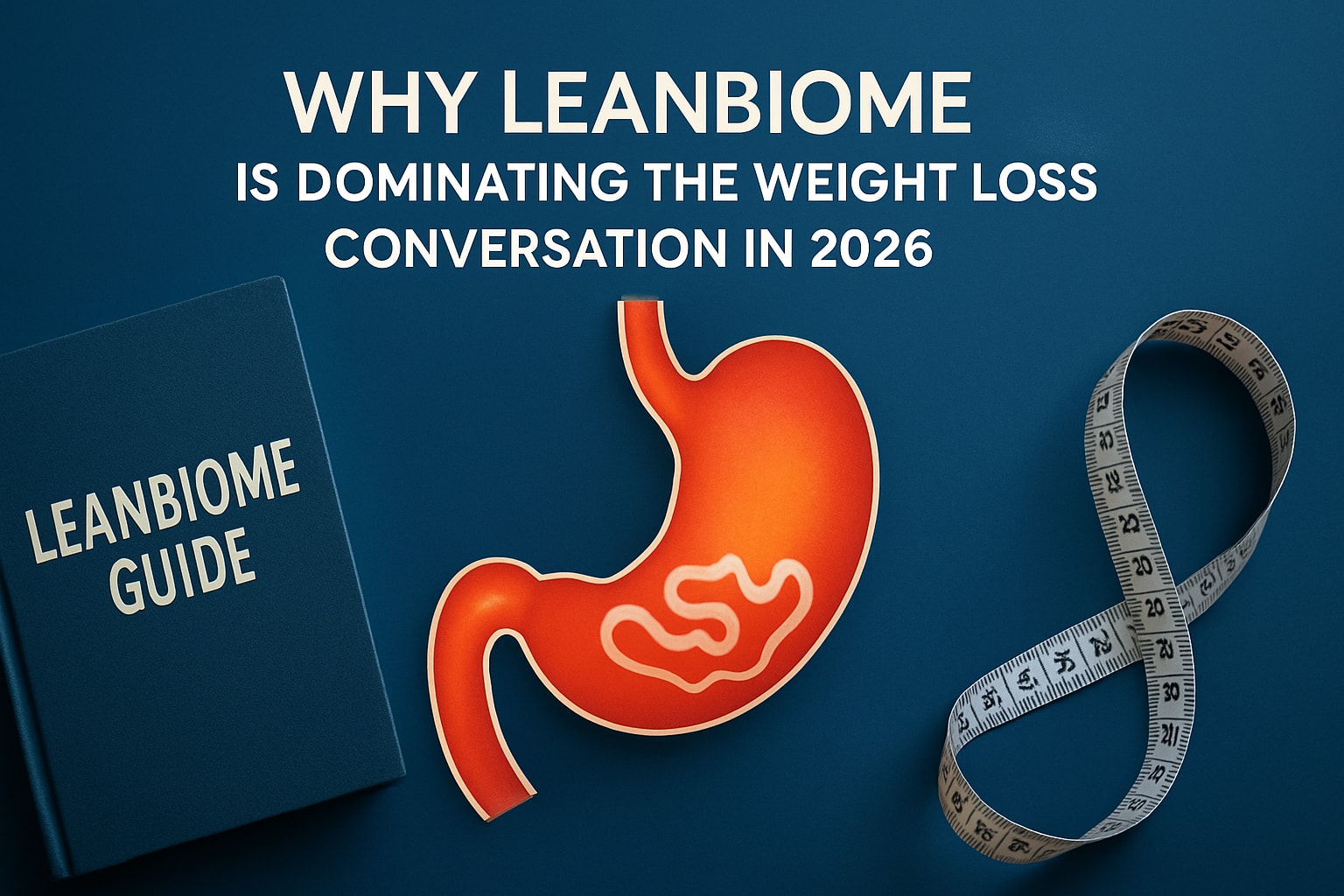When was the last time you paused to express gratitude for the positive aspects of your life?
Being thankful in your everyday life seems like a little thing, but it can go a long way towards your mental wellbeing, strengthening our connections with others and making you more aware of the opportunities that are presented to you.
Practicing gratitude means acknowledging the good things in your lives, from the smallest gestures of kindness to the most significant life events. It’s about recognizing the value of the people, experiences, and opportunities that contribute positively to your existence. In doing so, you shift your focus from what you lack to what you have, creating a mindset that appreciates the present moment.
But why does this matter?
Research has consistently shown that people who are regularly thankful have higher levels of happiness, satisfaction, and resilience. They tend to view challenges as opportunities for growth rather than insurmountable obstacles. Also, practicing gratitude can lead to improved relationships, because it promotes a culture of reciprocity and mutual respect. When we openly appreciate the efforts of others, it encourages a positive cycle of kindness and cooperation, ultimately improving the quality of our interactions and connections.
Practicing gratitude doesn’t require grand gestures; it starts with small, intentional acts. Whether it’s taking a moment each day to reflect on what you’re thankful for, writing a thank-you note to a friend, or simply expressing appreciation in your daily conversations, these acts contribute to a greater sense of connectedness with the world.
So, as you navigate through your day, pause and reflect on the positive aspects of your life.
What is gratitude and why is it important?
Gratitude, at its core, is a sense of appreciation for the positive aspects of life and the kindness of others. It’s more than just saying “thank you;” it’s a recognition of the good that surrounds us. In personal relationships, this simple yet profound emotion plays an important role.
When you express gratitude in your interactions, you are acknowledging the efforts and kindness of others. This not only strengthens your connections but also creates a positive feedback loop. People feel good when they are appreciated, and this feeling often motivates them to continue their kind behavior. It's a win-win situation.
Research in psychology has extensively studied gratitude and its effects on relationships.
Studies show that people who regularly express gratitude have stronger and more satisfying relationships. These people also tend to be more resilient in the face of challenges, and they are overall happier.
In romantic relationships, gratitude acts as a buffer against negative emotions and behaviors. It helps couples maintain a positive view of each other, even during conflicts. This positive perspective fosters a sense of security and satisfaction in the relationship.
In friendships, gratitude strengthens bonds and promotes a supportive network. Friends who express gratitude towards each other feel more connected and are more likely to provide help and support in times of need.
Gratitude as a brain’s natural booster for positive connections
Gratitude isn't just a warm feeling; it's a catalyst for positive changes in your brain. When you express gratitude, your brain releases dopamine and serotonin, two neurotransmitters associated with happiness and well-being. This flood of positive chemicals doesn’t just make you feel good at the moment, it also contributes to a long-term positive outlook.
These chemical changes have a ripple effect on your relationships. The positivity that fills your brain when you practice gratitude improves your communication and leads to a supportive environment. It encourages you to approach interactions with a positive mindset, creating stronger and more meaningful connections.
In essence, gratitude acts as a natural relationship enhancer, strengthening our bonds and promoting a positive relational atmosphere.









%20(1).jpg)






